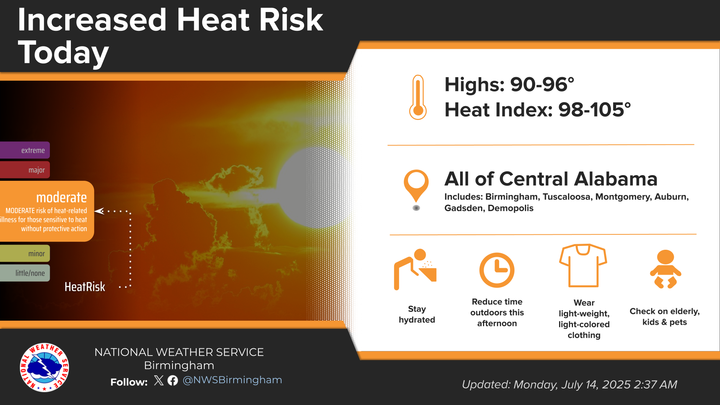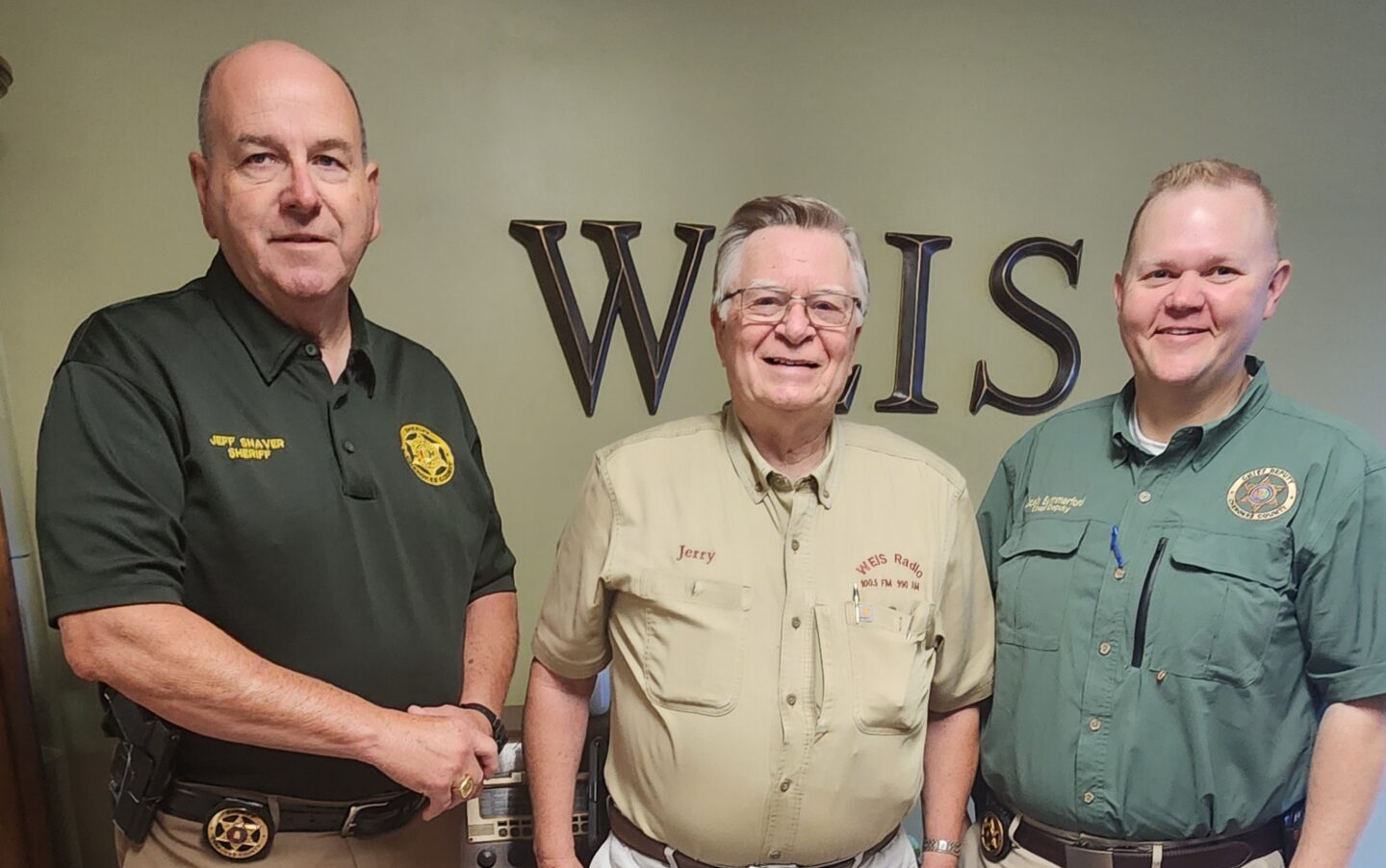
(NEW YORK) — As Florida struggles to recover from the damage caused by Hurricane Milton, and the lingering effects from Helene two weeks earlier, the long-term health consequences could be devastating, studies suggest.
A recent study published in the journal Nature examining nearly 500 tropical cyclones from 1930 to 2015 in the U.S. suggested that big storms lead to thousands of extra deaths after the storms, and leave lasting impacts on public health.
The reasons for the extra deaths aren’t yet clear, but studies speculate that they may be related to socioeconomics, infectious diseases, and exacerbating effects on chronic health conditions like heart disease and mental stress.
“We find that there are elevated rates of mortality that extend far beyond that immediate aftermath of a storm, and it persists for up to 15 years,” Rachel Young, an environmental economist at University of California, Berkeley, and co-author of the study, told ABC News.
“We estimate that these indirect deaths that occur through a number of channels over many, many years are equal to between 7,000 to 11,000 deaths per storm, which is 300 times greater than the official death count,” she continued.
That translates to between 55,280 and 88,080 excess deaths every year. The study also found that hurricanes and their aftereffects are estimated to have caused more deaths in the U.S. than all recorded car accidents, infectious diseases and war fatalities combined, totaling between 3.6 million and 5.2 million deaths.
A 2018 study published in the Journal of the American Medical Association examined the aftermath of 2017’s Hurricane Maria and noted 1,139 additional deaths reported, compared to the official count of 64 deaths officially attributed to the storm.
Other studies have shown that tropical cyclones can increase hospitalizations by up to 10% for older adults, primarily for respiratory and infectious diseases.
Some studies also suggest that people with lower incomes often have less access to healthcare, and communities of color are more likely to be exposed to harmful pollution, making them more vulnerable to a storm’s immediate effects and aftereffects.
Infants and Black communities are particularly at risk after a storm, the Nature study revealed. About 99% of infant deaths happen more than 21 months later, meaning even babies born after the storm are affected. Additionally, those in Black communities face about three times the risk of death compared to white communities.
Although the Nature study doesn’t specifically explore why these differences exist, researchers are still working to better understand the phenomenon.
“We know that the Southeastern portion of the United States has elevated rates of mortality for infant and young populations compared to the rest of the country,” Young said. “And we find that tropical cyclones – that these states are being impacted by tropical cyclones a lot – [are] a major driver of this sort of difference in the mortality rates between the Southeast and the country.”
Storm surges are another phenomenon that could harm health long after a major a weather event is over. After Hurricane Milton, the water surged as high six feet in some areas of Florida. The risk of waterborne diseases can increase as much as 50% after such surges, which in turn can trigger respiratory illnesses due to mold, allergens and contaminated water, according to the Centers for Disease Control and Prevention.
According to Young, the public health challenges that last far beyond clean-up and recovery are something that needs to be evaluated and considered when determining how to respond to natural disasters.
“We don’t want to see people having significant delays in getting aid,” Young added. “There’s been a push for a more proactive disaster policy and less just responding in the aftermath of the event.”
Dr. Faizah Shareef is an internal medicine resident physician and a member of the ABC News Medical Unit.
Copyright © 2024, ABC Audio. All rights reserved.




